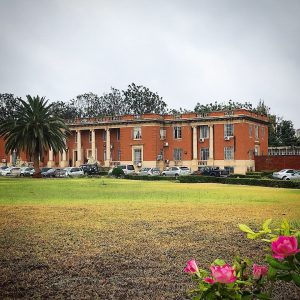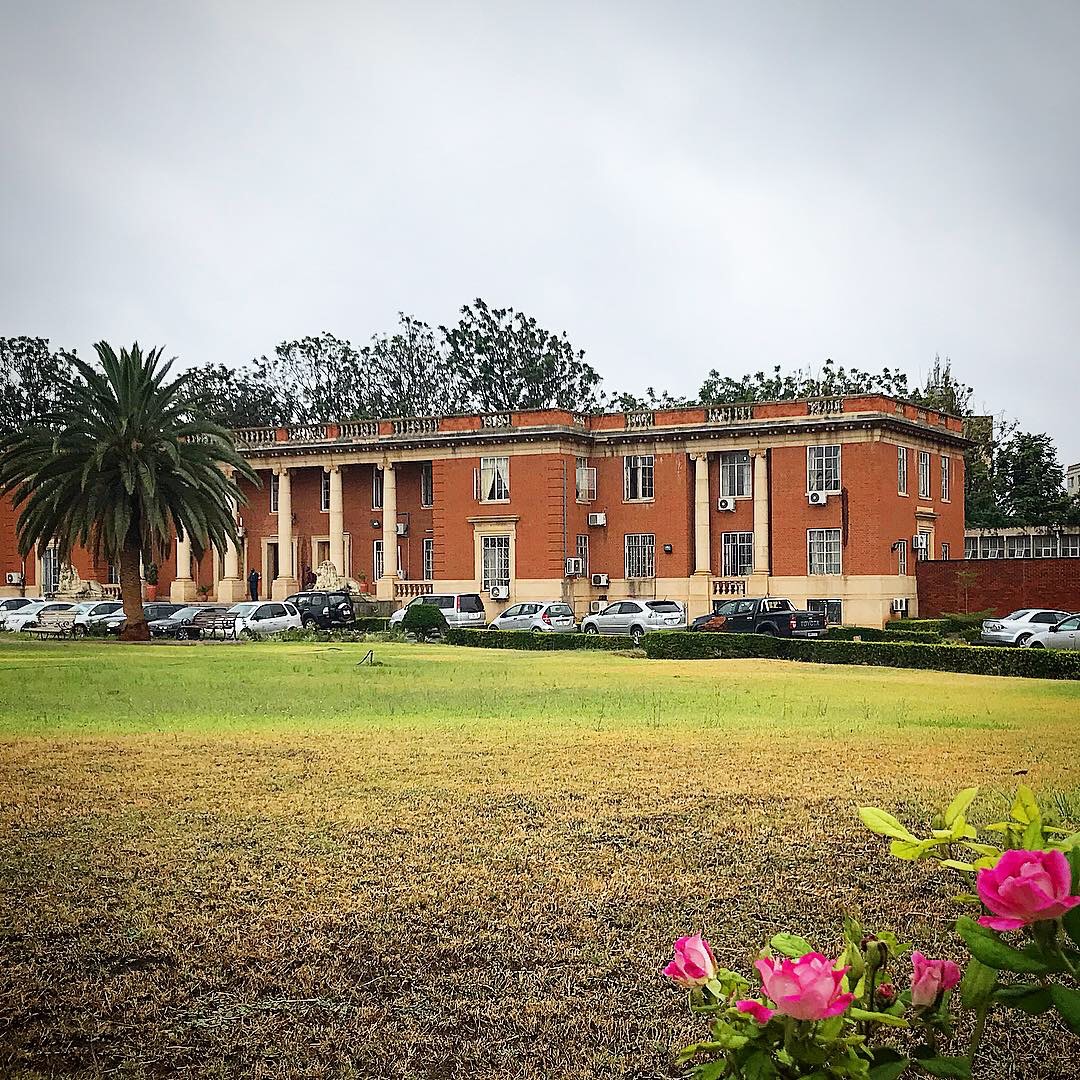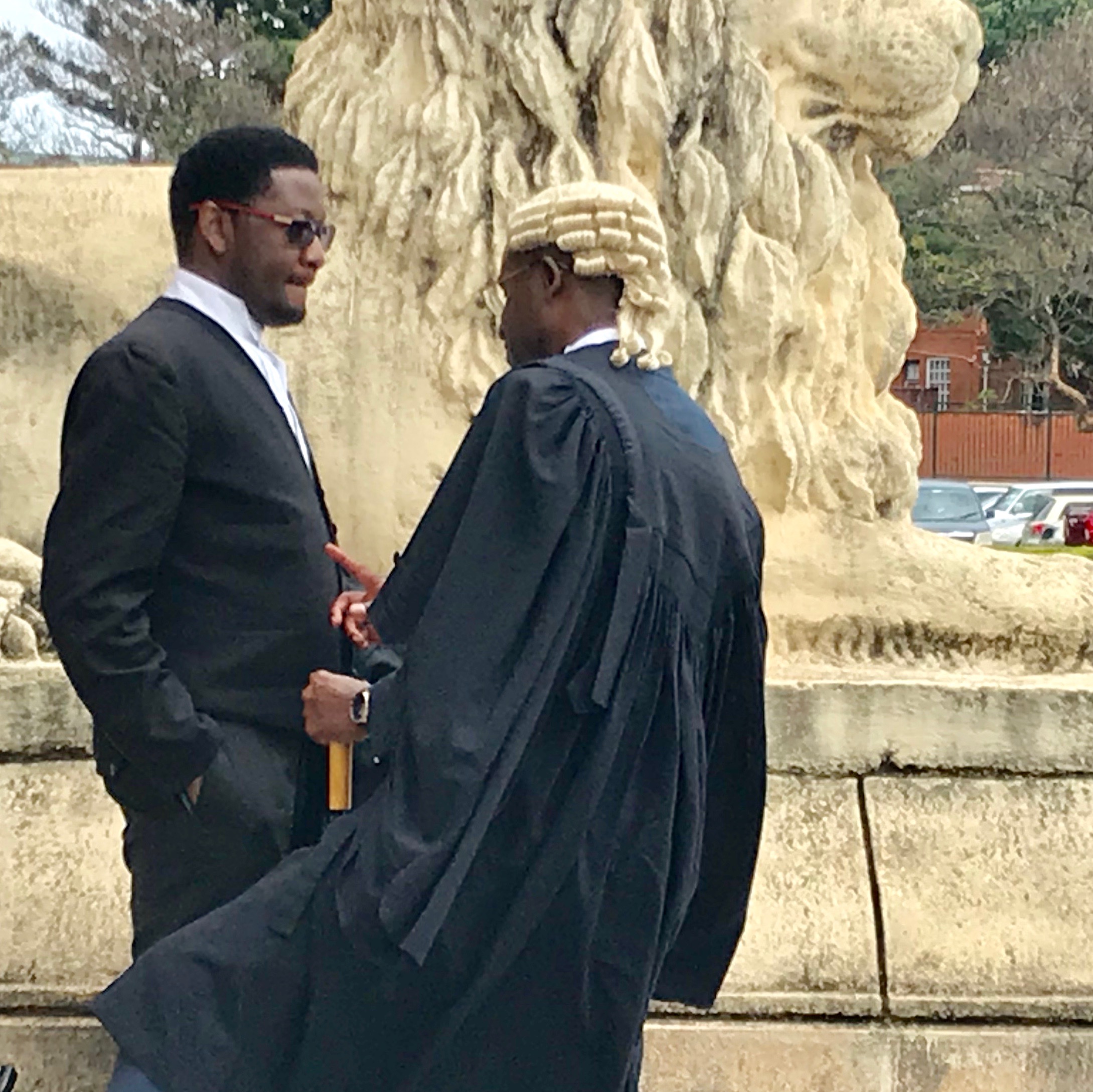Two court decisions in the last month has led Zambians to question the democratic commitment of their judiciary.
On 23 November, the Supreme Court of Zambia, in a case against anti-corruption activist Gregory Chifrire, gave a long and angry judgment denouncing all forms of criticism against the court, whether in the media, in the form of demonstrations, in letters to the court, or by lawyers arguing cases. Using their “inherent jurisdiction” (derived from a British colonial era provision that no longer is law in the UK) they sentenced the activist to 6 years of prison for contempt of court, an unprecedented harsh punishment that sent waves of shock and disbelief in the audience. The court also issued explicit warning to the legal community as well as the media and civil society that, while acknowledging the value of freedom of speech, criticism of the judiciary or individual judges would undermine their authority and the rule of law in society and thus is unacceptable.
The second judgement, which was handed down by the Constitutional Court on 7 December concerned the eligibility of sitting president Edgar Lungu as a candidate in the 2021 presidential elections. Cases concerning presidential term limits are high stake and always challenging for courts to handle, and here the circumstances were unusual: Lungu was first elected president in a presidential by-election in January 2015, after the death of the then president, Michael Sata. He was reelected in the ordinary presidential election in September 2016. According to the constitutional provisions in force at the time, a president who has been elected twice cannot stand again. Subsequently this has been changed, and the new provision says that a president can serve a third term if the first term was less than three years. The question before the court was whether the three-year rule could be seen to also hold for the current president, even though he was elected to the presidency before the change of the constitution. The opposition argued that to ‘backdate’ the provision was illegal and self-serving, while the Constitutional Court held that to not provide for transitional provision extending the new rules to the sitting president must have been an oversight on the part of parliament and handed down a ruling that allowed president Lungu to seek a third term. The court again used the opportunity – in the very opening of the judgment – to issue a warning that they would not accept criticism of the court.
These judgments signal most clearly a narrowing of the courts functions as democratic spaces, but they are also taken as signs of an unwillingness to stand up against executive overreach. Why is this so serious?
The Zambian constitution, like that of other constitutional democracies places the courts as the guardians of the rights, freedoms and democratic rules of the game enshrined in the constitution and thus gives judges a central role in keeping open the democratic space. As a consequence, in context where executives are moving in an authoritarian direction the courts tend to face considerable pressure. The pressure stems both from opposition politicians and actors in civil society who attempt to mobilize the law and the courts in their efforts to keep open democratic spaces and a level playing field, and – more problematically – from executives seeking to use the legal system to punish the opposition and stifle criticism and who lean on the judges to rule in their favour. In Zambia the fear is that the courts have given in to executive pressure and abdicated their democratic accountability function and are now seeking to prevent public criticism of their backsliding.
Siri Gloppen
Professor of Comparative Politics, University of Bergen
Director, Centre for Law & Social Transformation




